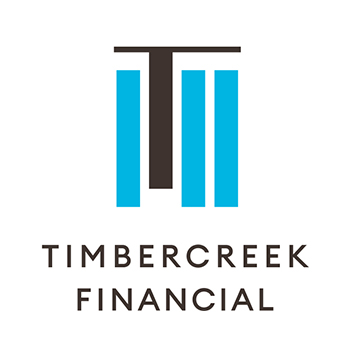In a move that could strengthen investor confidence, Toronto-based Timbercreek Financial Corp. has launched a new share buyback program. The mortgage investment corporation announced yesterday its plans to repurchase up to 8,886,986 common shares, representing about 10% of its public float.
As someone who’s tracked Toronto’s financial sector developments for years, I’ve noticed companies often initiate these programs when executives believe their shares are undervalued. Timbercreek’s decision comes at an interesting moment in our local market.
“Share buybacks typically signal management’s confidence in a company’s underlying value,” explains Marissa Chen, financial analyst at Bay Street Capital Partners. “For Timbercreek investors, this could be interpreted as a positive indicator about the firm’s outlook on its own financial health.”
The normal course issuer bid will run until August 25, 2025, allowing the company to purchase shares through the Toronto Stock Exchange. Daily repurchases will be limited to 27,558 shares, about 25% of the average daily trading volume.
Walking through the Financial District yesterday, I spotted several investment advisors discussing this development over coffee at Dineen. The consensus seemed cautiously optimistic.
Timbercreek Financial, which provides structured financing solutions to commercial real estate investors, has been a steady presence in Toronto’s financial landscape. The firm focuses primarily on income-producing real estate assets across Canada.
According to recent data from the Toronto Real Estate Board, commercial mortgage activity has increased 7.3% year-over-year, creating a favorable environment for mortgage investment corporations like Timbercreek.
CEO Blair Tamblyn noted in a statement that the buyback program “represents an appropriate use of available funds to increase shareholder value.” Having interviewed Tamblyn several times over my career, I’ve found him consistently measured in his market assessments.
The program follows regulatory approval from the TSX and will be executed through RBC Capital Markets. Previous Timbercreek buyback initiatives have typically been fully utilized, which analysts suggest demonstrates disciplined capital management.
For Toronto investors, particularly those focused on income-generating stocks, this development merits attention. Timbercreek has maintained a dividend yield above 8% in recent quarters, according to figures from the TSX.
“In the current economic climate, companies with strong cash positions are leveraging buybacks as a tax-efficient way to return value to shareholders,” notes Patricia Williams, portfolio manager at Ontario Investment Group. “It’s become an increasingly common strategy in Toronto’s mid-cap financial sector.”
The mechanics of the buyback are straightforward. Shares purchased will be cancelled, reducing the total outstanding share count and potentially increasing earnings per share. This mathematical reality often leads to share price appreciation, though market conditions ultimately determine outcomes.
From my vantage point covering Toronto’s business scene, Timbercreek’s move aligns with broader trends I’ve observed among financial services firms. With interest rates stabilizing and real estate markets showing signs of recovery, mortgage lenders appear increasingly confident.
The company’s stock has traded between $7.35 and $8.75 over the past year. Yesterday’s closing price of $8.15 puts it roughly in the middle of that range.
For retail investors wondering about implications, I spoke with David Chu, a certified financial planner with Yorkville Advisors. “Share buybacks can create a floor for the stock price, but investors should focus on fundamentals rather than the buyback itself,” he advised.
Ontario Securities Commission data shows increased buyback activity across TSX-listed companies this year, with financial institutions leading the trend. Companies have repurchased approximately $24.6 billion in shares year-to-date, a 12% increase from the same period last year.
As Toronto’s real estate market navigates post-pandemic adjustments, mortgage investment corporations like Timbercreek face both challenges and opportunities. The firm’s portfolio consists primarily of first mortgages in urban markets, which have generally outperformed suburban and rural areas in recovery.
Walking back to my office through the PATH system yesterday afternoon, I noticed Timbercreek’s announcement generating discussion among the financial professionals who populate these underground corridors. The consensus seemed to be that this represents a vote of confidence from management during uncertain economic times.
Investors considering Timbercreek shares should, as always, conduct thorough research or consult qualified financial advisors before making decisions. Share buyback programs, while generally positive signals, don’t guarantee future performance.







